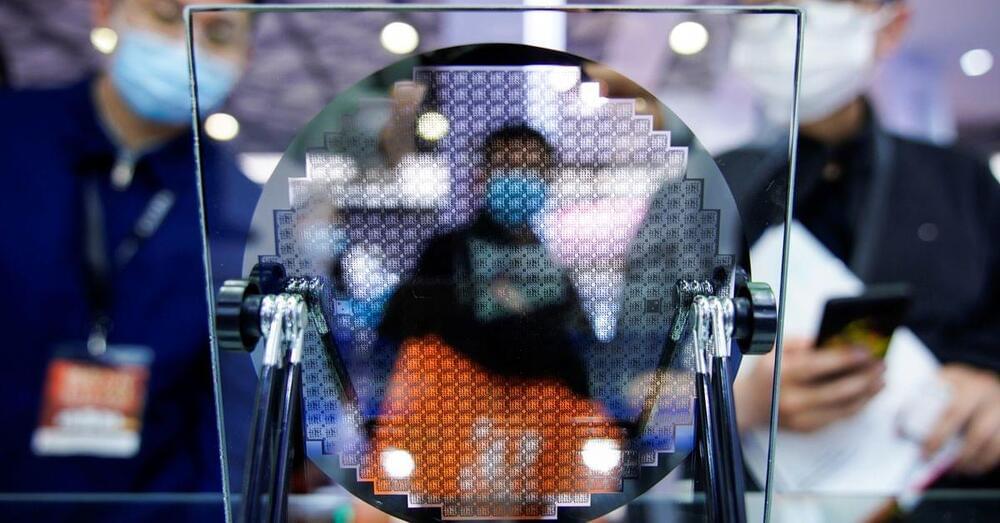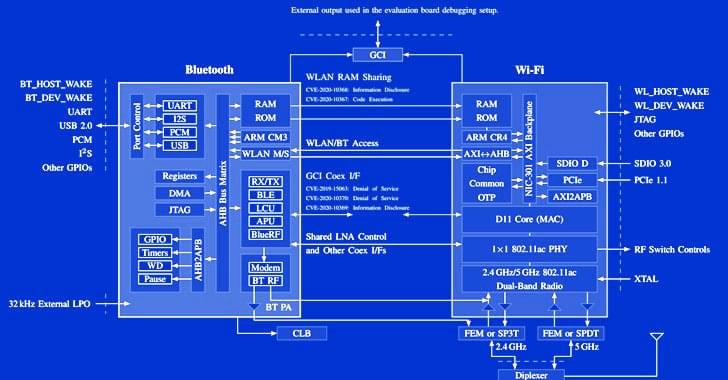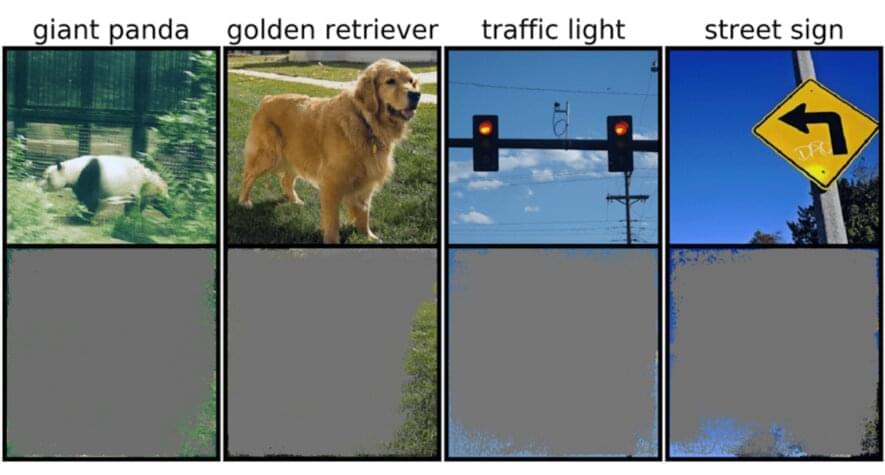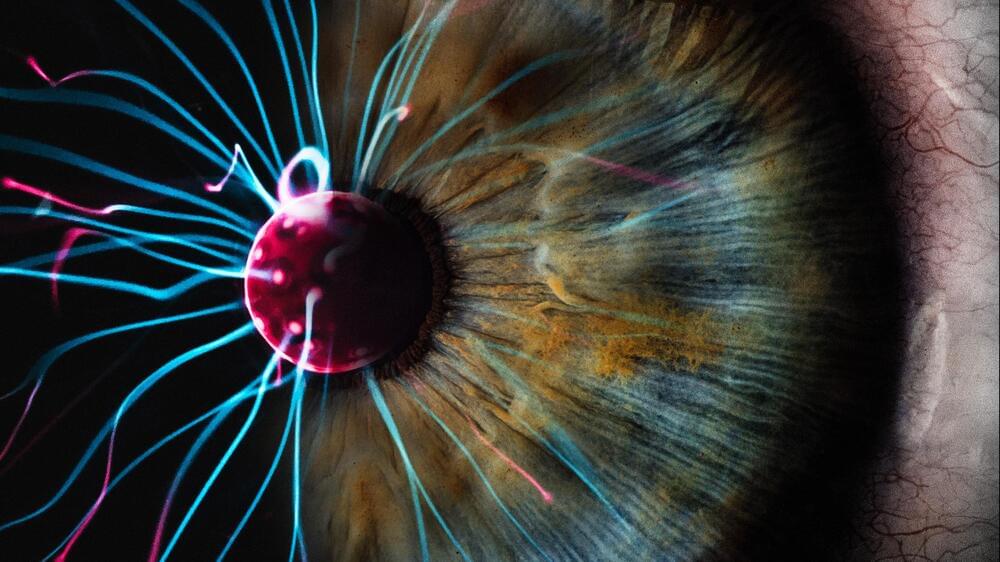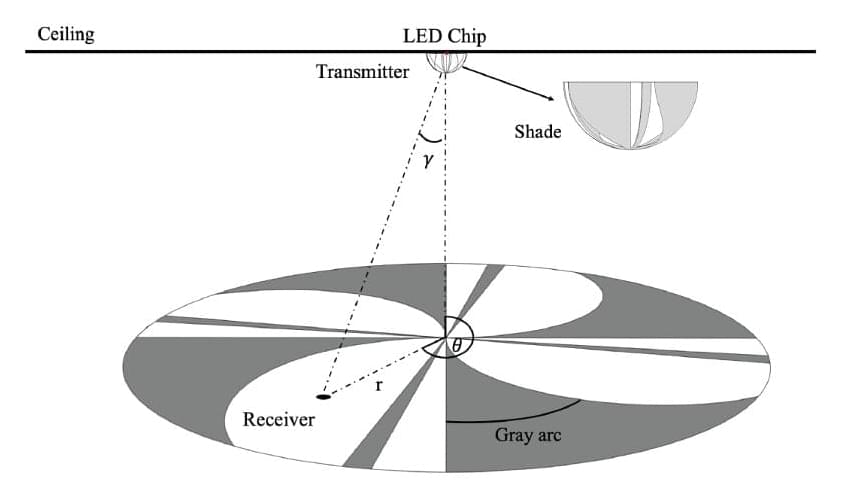
In recent years, engineers have been trying to develop more effective sensors and tools to monitor indoor environments. Serving as the foundation of these tools, indoor positioning systems automatically determine the position of objects with high accuracy and low latency, enabling emerging Internet-of-Things (IoT) applications, such as robots, autonomous driving, VR/AR, etc.
A team of researchers recently created CurveLight, an accurate and efficient light positioning system. Their technology, described in a paper presented at ACM’s SenSys 2021 Conference on Embedded Networked Sensor Systems, could be used to enhance the performance of autonomous vehicles, robots and other advanced technologies.
“In CurveLight, the signal transmitter includes an infrared LED, covered by a hemispherical and rotatable shade,” Zhimeng Yin, one of the researchers who developed the system at City University of Hong Kong, told TechXplore. “The receiver detects the light signals with a photosensitive diode. When the shade is rotating, the transmitter generates a unique sequence of light signals for each point in the covered space.”

